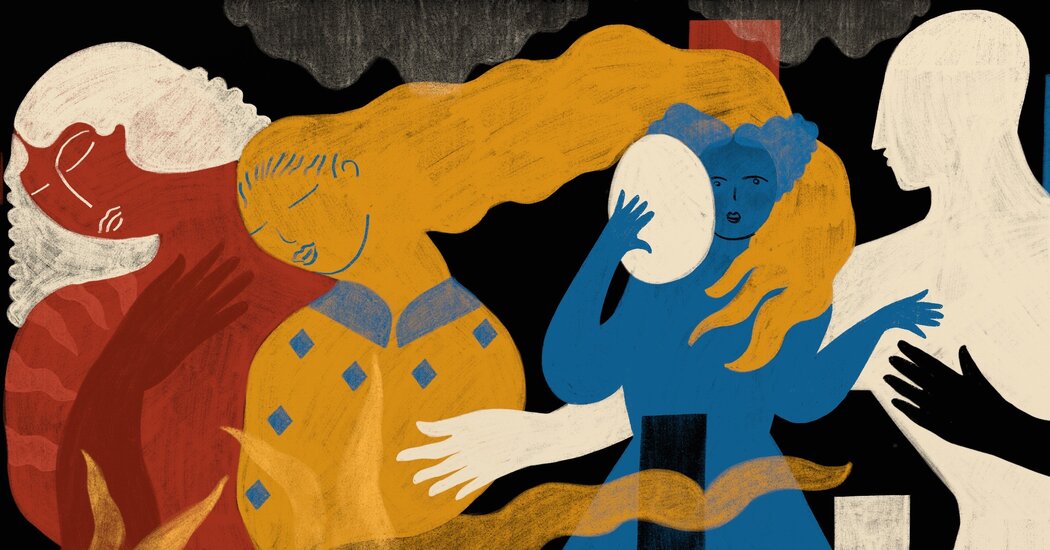
SCATTERLINGS, by Resoketswe Manenzhe
I have never needed proof that a novel about an unhappy marriage can be the most capacious kind of book. But if I did, I could find it in abundance in the pages of “Scatterlings,” the South African writer Resoketswe Manenzhe’s debut, a novel that is at once exquisitely intimate and globally ambitious.
The tale begins quietly enough, with a family of four in Cape Town in 1927: the existentially troubled Alisa van Zijl (née Miller), who is Black and English; her husband, Abram van Zijl, or Bram, who is white, Dutch, English, African and frustrated by his wife’s undefeatable sadness; and their lively, sweet daughters, Dido and Emilia, who love to listen to stories, especially their mother’s. Soon, however, this foursome find themselves contending with not only the usual family dilemmas but also the ones laid at their doorstep by the South African state via the newly passed Immorality Act, which effectively renders relationships between white people like Abram and Black people like Alisa against the law. A man found in violation could spend as many as five years in prison; a woman might serve four. These are only the official penalties; beyond lies a world of shadowy, horrific censure. Although Abram briefly and optimistically clings to the fact that technically the law makes allowances for couples who can prove that they are married, when a grotesque bureaucrat appears to survey their estate and lob innuendo in their direction, Alisa considers her worst fears confirmed: She and her daughters will never belong in their home.
Abram and Alisa are together partly because of their fundamentally different philosophies. Alisa, who was born to an enslaved father in Jamaica, was adopted by white English parents after his death. Though they were kind, as she came of age she could no longer bear being pushed to the fringes of English society because of her Blackness. Now she struggles to find a place that feels like home, and is attracted to Abram’s effortless way of belonging to the world — a privilege afforded by his whiteness. But their differences drive them apart, too. The fissure in their marriage becomes a gaping chasm when, in her grief over the act, Alisa poisons herself and sets a fire, intending to kill both herself and her daughters. The family cleaves in half, as only Dido survives.
In the wake of Alisa’s and Emilia’s deaths, the bureaucrat returns to hurl more encoded threats (“People living in sin, sir. You, yourself … oh! But I shouldn’t say these things, eh. Vulgar things. … It’s a lucky thing you have children”). Dido and her father are now in terrible danger. “This northerner man, he was designed to frighten Abram into a precise epiphany — for his crimes against the State, he had to surrender the estate or suffer something else,” Manenzhe writes. When grief-stricken Abram protests that both his daughters are citizens, born in South Africa, the official concedes the latter, but insists: “That isn’t how things are done. You know this, Mr. van Zijl.” And “the truth was Abram did know this. By the Union’s account of things, Abram’s tragedy had unfolded entirely as a result of his own recklessness.”



